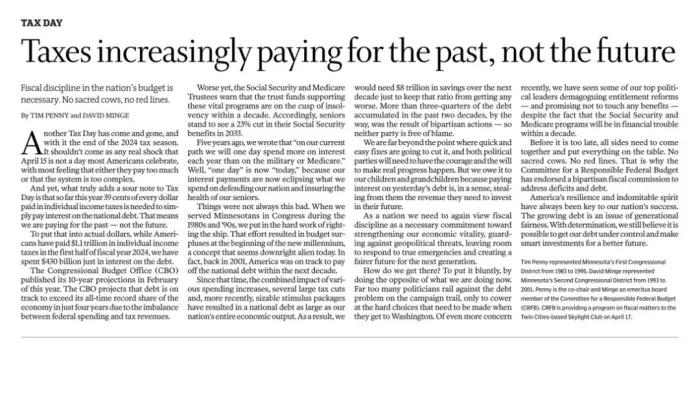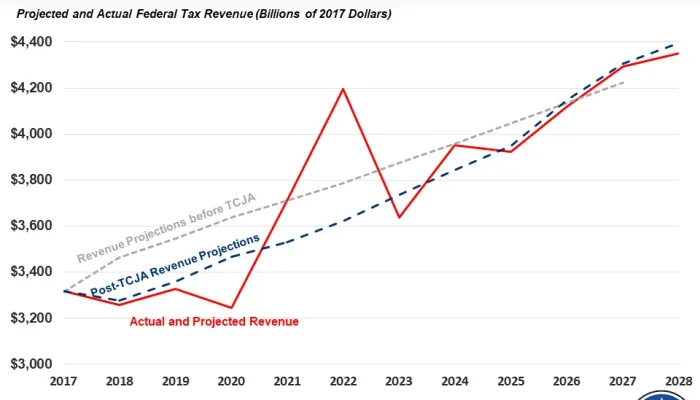What Is, and What Should Be, on the Table?
As lawmakers slowly return to town this week and next week, there will be an increasing focus on possible offsets for any extensions to expiring policies. An Associated Press article today lays out some of the possibilities that Congress will have for nickle-and-diming their way to offsetting the extenders they must pass next month. Some of them are familiar to those who followed the payroll tax cut debate, while others are low-hanging fruit savings options that have been used in budget negotiations for the past six months or so.
Of course, there is the ever-present millionaires' surtax, and indications are that Democrats will continue to press to include one. The Republican offer from December included a number of smaller policies, like freezing federal employee pay for 2013, reforming civilian employee retirement programs, raising Medicare premiums for high earners, auctioning spectrum licenses and others.
Other policies reportedly in the bag of possible options come from President Obama's September deficit reduction plan, like expediting the sale of federal property, raising TSA security fees, reforming the Postal Service, and eliminating a tax break for corporate jets. Additional policies include increasing premiums that employers pay for pension insurance with the Pension Benefit Guaranty Corporation and raising aviation fees.
Any extenders bill must be offset with real savings, and it is encouraging to see both parties appear committed to doing so. While ensuring that any extensions are fully paid for, lawmakers need to also be thinking about broader solutions to all of our fiscal challenges. A comprehensive approach to deficit reduction that includes revenue and entitlement changes could offset the costs of any extensions while reducing the debt in one fell swoop. These larger, more structural reforms are key to getting out of the fiscal hole we're in.
So, what should be on the table? You guessed it: everything.


